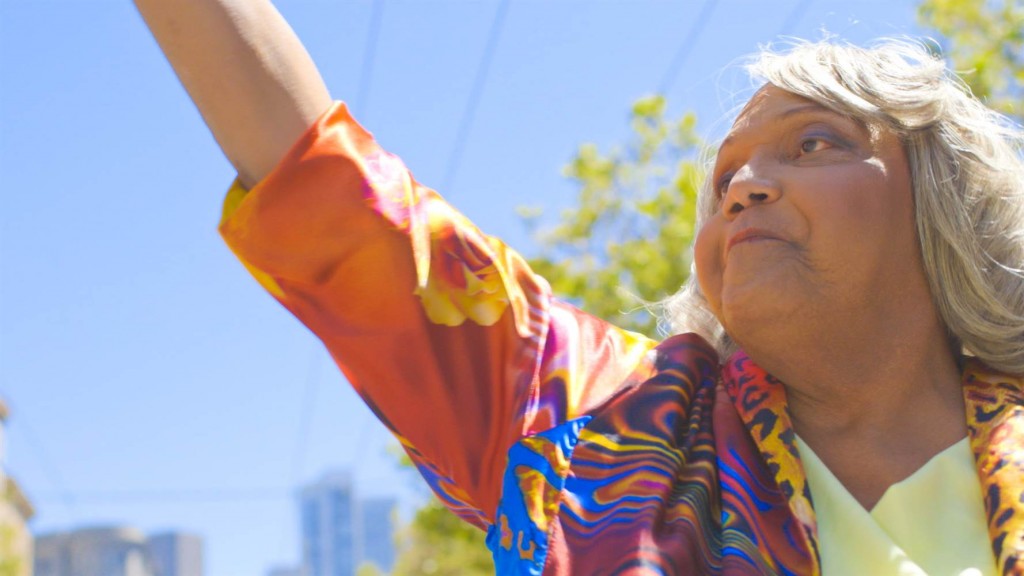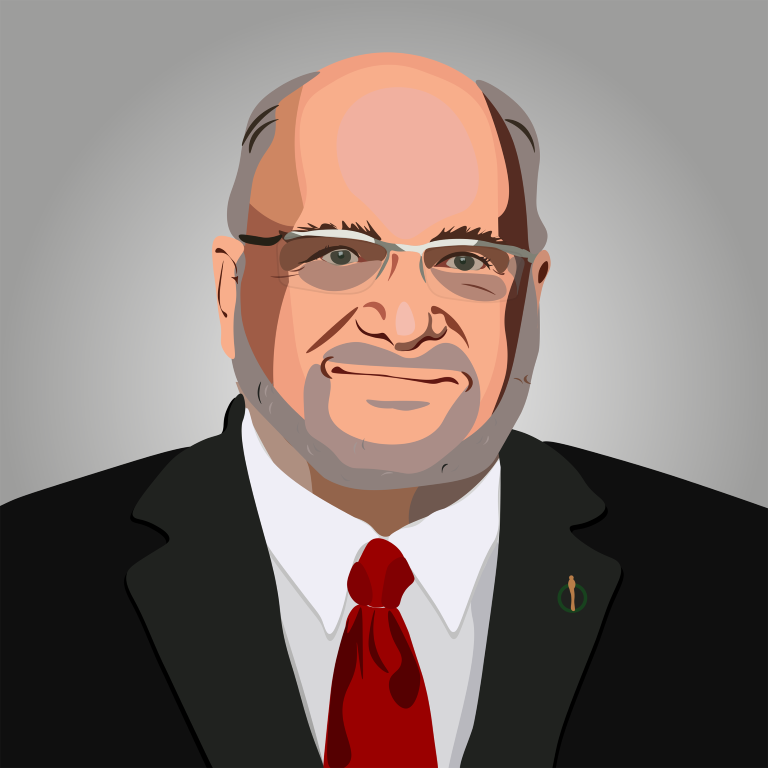
Douglas College shows its pride
By Jessica Berget, Staff Writer
On July 27, the DSU Pride hosted “The Fight Isn’t Over: Stonewall and Beyond,” an event focusing on empowering and supporting LGBTQ/2S youth.
DSU Pride Representative Christen McDonald opened with an introduction of the host of the event, and the film that was to be screened, Major.
Kelendria Nation, a Black trans woman activist and educator, hosted and facilitated the event. After an introduction of herself and the event, Nation began speaking about the film, which was focused on the life of Miss Major Griffin-Gracy, a trans woman activist and community leader for transgender rights and a participant in the Stonewall Riots. The film chronicled her life as a transwoman and her successes and struggles as an activist and trans woman of colour.
After the film, there was a discussion.
How would the community ensure trans elders would be taken care of?
In the film, Miss Major expressed her concern over who will take care of her when she can’t take care of herself.
Cicely-Belle Blain, a black, non-binary writer, artist, founder and co-organizer of the Black Lives Matter Vancouver group addressed the question first.
“Family and community is so integral to taking care of one another. It’s about developing and creating those communities. A lot of people express this idea of being rejected or neglected by family, which leaves them to be homeless or isolated. We tend to think of this as an American issue, but it is something that is prevalent in Vancouver as well,” Blain said.
Blain described her experiences as a youth worker at QMUNITY, a queer resource centre, and how a disproportionate amount of queer and trans youth are homeless and isolated due to rejection from families.
“I think reshaping our understanding of what family is a great step, and the idea of a chosen family is a great way to reshape our idea of traditional western standards of family. For me, it’s really about creating those communities,” Blain said.
Another speaker was BC NDP candidate and trans activist Morgane Oger.
“I tend to look at the populations rather than the individuals, but it’s the individuals who are affected. Neglect of our elders is a very real problem, especially when the neglect is allowed to happen. It’s important to remember that when people age in the LGBTQ/2S community, they become very afraid and age back into the closet and hide their gender identity and sexuality because of the fear that the people who look after them aren’t as open-minded,” Oger said.
What should be the number one priority in tackling the trans community’s struggles?
“I would say education of the people we do first contact with in services. The caregivers, the police, people who represent the state. Those people need to be taught to behave appropriately with all LGBTQ/2S people [because] people still think it’s okay to discriminate against us,” said Oger.
“It’s important for people to undo the idea of a gender binary. I was working on a book chapter recently about being black and non-binary and how a lot of the ways in which black folks are oppressed is through segregating the black community by gender… It goes all the way back to slavery. Black men were over-sexualized and women were used as a tool, so forcing the gender binary on black bodies has created so much discrimination. I think a greater acknowledgment of gender fluidity and how gender is made up is important,” Blain said.
“Not everyone fits into the gender binary, not everyone wants to fit,” said Nation “For myself, as a trans woman of colour, I utilized the binary, and it comes authentic for me, and it’s important to remember that some people fit in the binary […] but some do not, and it’s important[ to allow them room to express who they are.”
How can allies support the trans community?
“One thing is how we learn about these things [on] social media and how it can sometimes be detrimental in how these things make us feel,” Blain said. “A lot of ally-ship is done on social media; I think it’s about being sensitive to what you are sharing because people share stuff out of shock factor. Violence against gay and lesbian folks is going down for the first time in history, but towards trans women, it’s on the rise. It’s important to be caring for people who are impacted by that, rather than thinking ‘This doesn’t impact me, but I’m shocked so I must tell everybody about it.’”
“Don’t speak for others about things you don’t understand—first rule,” Oger said. “Be a friend, offer moral support.”
Does violent activism still have a place in the movement?
“People who claim to be organizing for queer liberation have forgotten that Stonewall was a riot against police because they were raiding safe spaces for queer and trans people,” Blain said. “Somehow we come to 2017 and the [police] we were protesting against are now included in the pride parade […] people already have a negative image of [Black Lives Matter], so we have to tread very carefully. We’ve moved on to other forms of activism.”
The speakers closed on their hopes for the movement.
“I would like to see better addressing of the root causes of inequality,” said Oger.
“Abolishment of police, prisons, government—but in the nearer future, support of queer and trans youth and funding to programs that support them, educational resources for teachers and parents, and a place for trans youth and trans youth of colour to be themselves and really flourish,” Blain said.


